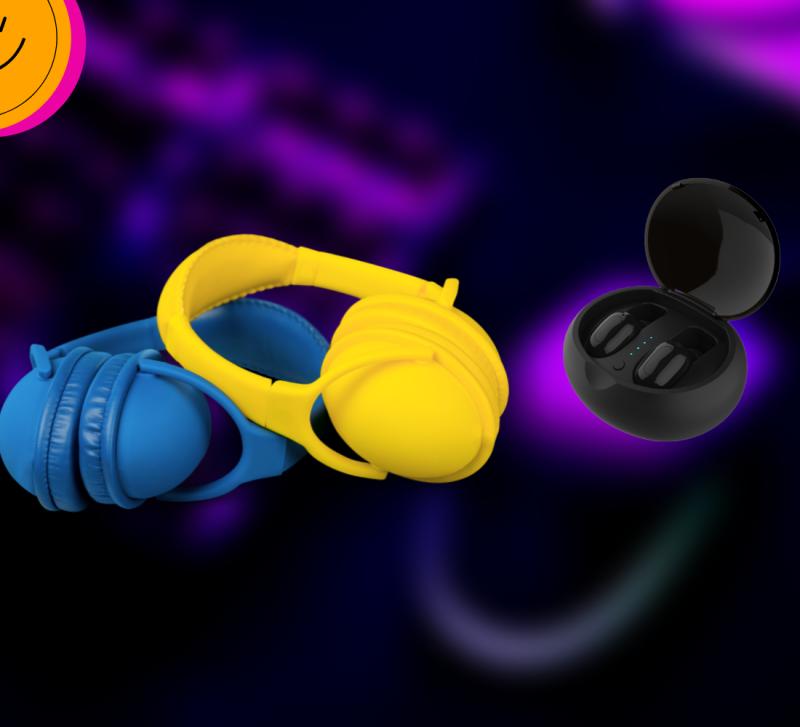
- devara
- 08 Apr 2025 02:03 AM
- #Health & Wellness #Vitamin D #Gut Health #IBS #IBD #Digestive Issues
When it comes to vitamin D, most of us associate it with sunlight and bone health. But growing research and expert medical opinions are uncovering a deeper, lesser-known link—between vitamin D deficiency and gut health. From post-meal bloating to chronic gastrointestinal conditions like Irritable Bowel Syndrome (IBS) and Inflammatory Bowel Disease (IBD), the “sunshine vitamin” may play a much bigger role in your digestive wellness than previously believed. A study published in the Oman Medical Journal investigated vitamin D levels in individuals diagnosed with IBS versus a healthy control group. The results were eye-opening: 82% of IBS patients were found to be vitamin D deficient, compared to only 31% in the control group. The research clearly suggested a significant association between lower vitamin D levels and IBS. Complementing this study is a review article titled "Vitamin D, the Gut Microbiome, and Inflammatory Bowel Disease," which explored how vitamin D affects the gut microbiota composition and influences the pathogenesis of IBD. The conclusions were strong—vitamin D helps modulate the immune response and supports the integrity of the intestinal barrier.
How Vitamin D Impacts Your Gut: Expert View
India Today consulted top gastroenterologists to understand the practical implications of this research. Dr. Sanjay Khanna from Manipal Hospitals, Dwarka, and Dr. Kunal Das from Yashoda Super Speciality Hospital, Ghaziabad, both emphasized the essential role vitamin D plays in regulating gut health. “Vitamin D modulates gut microbes,” Dr. Khanna explains. “A deficiency can disrupt the balance of microbiota, triggering inflammation and leading to symptoms associated with IBS or even IBD.” Dr. Das further highlights how vitamin D influences gut barrier function and immune system behavior. This means that a deficiency doesn't just affect digestion but also how the body reacts to external threats, and how well it maintains internal harmony.
So, does that mean vitamin D deficiency causes bloating? According to the experts, not directly—but there’s a link. Dr. Khanna notes, “Vitamin D itself doesn’t cause bloating. But when your gut flora is off, due to a deficiency, bloating can result. Many people report feeling better after vitamin D levels are corrected.” Dr. Das agrees, noting that several studies suggest digestive issues, including bloating, are more common among those with low vitamin D levels. More alarmingly, vitamin D deficiency has been tied to worsening symptoms in individuals already suffering from digestive issues like leaky gut or autoimmune gut conditions. The inflammation caused by an imbalance in gut bacteria can exacerbate chronic conditions and lower overall digestive resilience.
Treating the Deficiency: More Than Just Supplements
So what’s the fix? While vitamin D supplements are often considered the go-to solution, doctors caution against relying solely on pills. “A holistic approach works best,” says Dr. Khanna. He recommends moderate sun exposure, particularly between 11 a.m. to 2 p.m., along with a balanced diet rich in vitamin D. This includes foods like fatty fish (salmon, mackerel), egg yolks, dairy, and fortified cereals. Dr. Das adds that individuals with indoor lifestyles, elderly people, and those who wear full-coverage clothing are particularly vulnerable to deficiency. He also flags smoking, obesity, and sedentary habits as lifestyle factors that reduce vitamin D absorption and worsen gut health.
“Supplements are helpful and often necessary, especially when deficiency is confirmed through testing,” says Dr. Das. “But the ultimate goal is to achieve a healthy balance through diet, lifestyle changes, and adequate sunlight.” In conclusion, if you're experiencing persistent bloating, unpredictable digestion, or managing IBS/IBD symptoms, it might be time to check your vitamin D levels. Correcting a deficiency could not only improve bone health but also significantly support your gut microbiome, immune system, and overall quality of life. Gut health is influenced by a web of factors, and vitamin D has emerged as a key player in maintaining this balance. As awareness increases, so too does the importance of rethinking how we approach this often overlooked but vital nutrient.












































